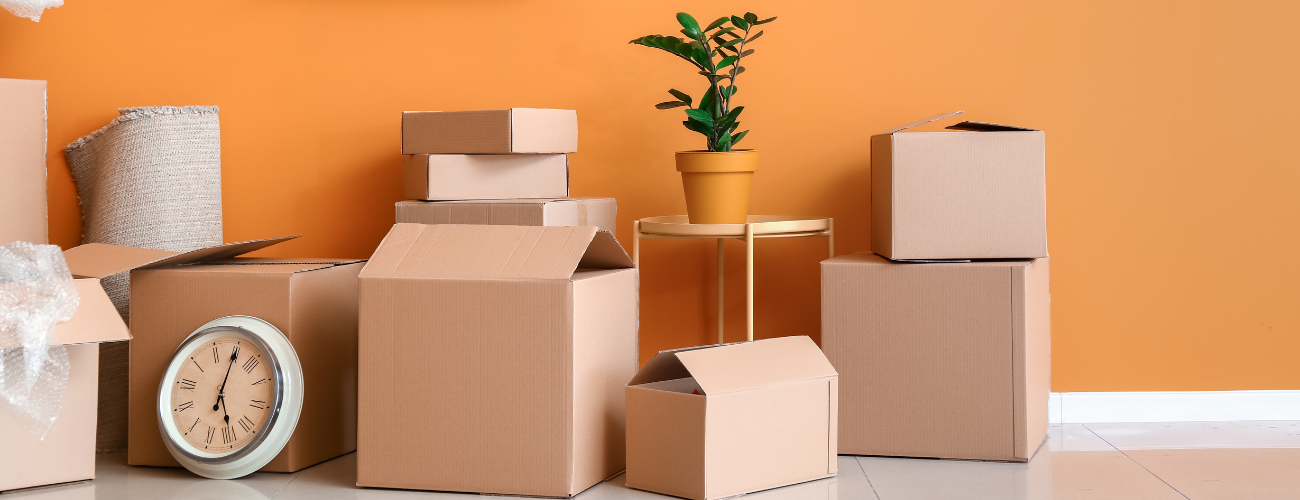Moving In and Out
Prior to Moving In
Upon signing a rental agreement and prior to moving in, you should receive a COP (condition of premises) - a property inspection report. The COP is for you to complete and is an evaluation of the condition of the property at the time you move in.
- Be thorough. Take pictures, videos, and be specific.
- Make note of walls, floors, doors, stains, dings, dents, dirty windows, missing screens, etc.
- Test the function of all appliances, garbage disposal, ceiling fans, etc.
When you move out, the COP will be examined and any damage not noted on the COP will be your responsibility, along with any co-signers.
Utilities and Services
If your rental agreement states that you are responsible to pay for utilities such as electricity and water/sewer/trash, you will be responsible to call the utility companies to transfer the billing information to your name on the day your lease begins. Ask your landlord to provide you with names and contact information for the utility companies.
If your rental agreement does not include internet service, you will need to find an internet provider and create a new account. Keep in mind that it may take several weeks to get connected, so call to schedule a service instillation as soon as possible.
Moving Out
Plan to move out only after your lease term is completed. If you move out prior to lease ending, you may be assessed administrative fees and be responsible for rent, utilities, and other fees for the remaining term of the lease or until the property is re-rented.
Notice to Vacate
When preparing to move out of the rental, it is your responsibility to inform your landlord that you will be leaving. The written notice a tenant is required to give a landlord upon moving out depends upon the type of rental agreement. A tenant who is moving out may not sublet or transfer possession of the rental unit to someone else, unless the landlord has approved this in writing.
Lease. A tenant cannot terminate a lease prior to its expiration unless the landlord agrees. A tenant who chooses to move out before the lease has expired is responsible for paying the rent for the remainder of the lease until the landlord finds another tenant.
Month-to-Month Agreement. A tenant must give 30-day's notice to terminate a month-to-month rental agreement. It is a good idea to give this notice in writing and to keep a copy for your records.
Preparing for the Inspection
Your landlord will provide you with a list of items that need to be completed before moving out, and will perform an inspection of the property to assess any damage that you may have caused to the property. Before you have the landlord perform the final inspection of the rental, you need to:
- Move all of your belongings out of the rental.
- Remove all nails and tacks in the walls and patch those holes.
- Repair any damages for which you are responsible.
- Fully clean the rental or have a professional clean the rental.
- For your benefit, take photos or shoot a video to record the condition of the rental after you have cleaned.
Before the inspection, you should have your copy of the COP form to help dispute damages that you did not cause. If there are damages that you caused but cannot repair, let your landlord know of these prior to the inspection.
The Inspection
To ensure a favorable inspection outcome, have your COP form with you and walk through the rental with the landlord. If the landlord assesses charges, make sure those charges are your responsibility. If they are not, you may dispute them with the landlord during the inspection using the COP form as the basis for the dispute.
After the inspection you need to provide your landlord a forwarding address so that the security deposit can be returned. Montana law states that the landlord must return the security deposit (minus deductions) within 10 days of the final inspection.
Return of Deposits
A landlord may keep part or all of a tenant's security deposit to pay unpaid rent, utilities, late charges, damages to the property, cleaning expenses paid by the landlord, and a reasonable amount for the landlord's labor.
In certain circumstances, the landlord may not keep part or all of the security deposit. For example:
- The landlord cannot deduct cleaning expenses from a security deposit unless the landlord gave the tenant written notice of the cleaning that needed to be done, and gave the tenant at least 24 hours to do the cleaning.
- The landlord must send the tenant a written list of any deductions from the security deposit within 30 days. Any landlord who fails to provide the departing tenant with such a list may not withhold any portion of the security deposit for the damages or cleaning charges.
- If the landlord did not provide the tenant with a written statement of the property’s condition at the time the tenant moved in, the landlord cannot keep any part of the security deposit for damages unless the landlord can prove by clear and convincing evidence that the tenant caused the damage.

